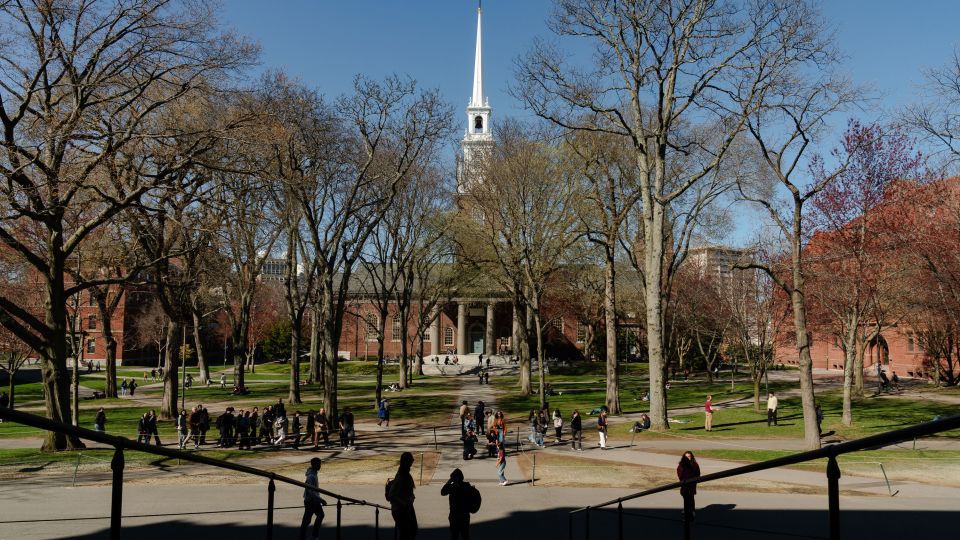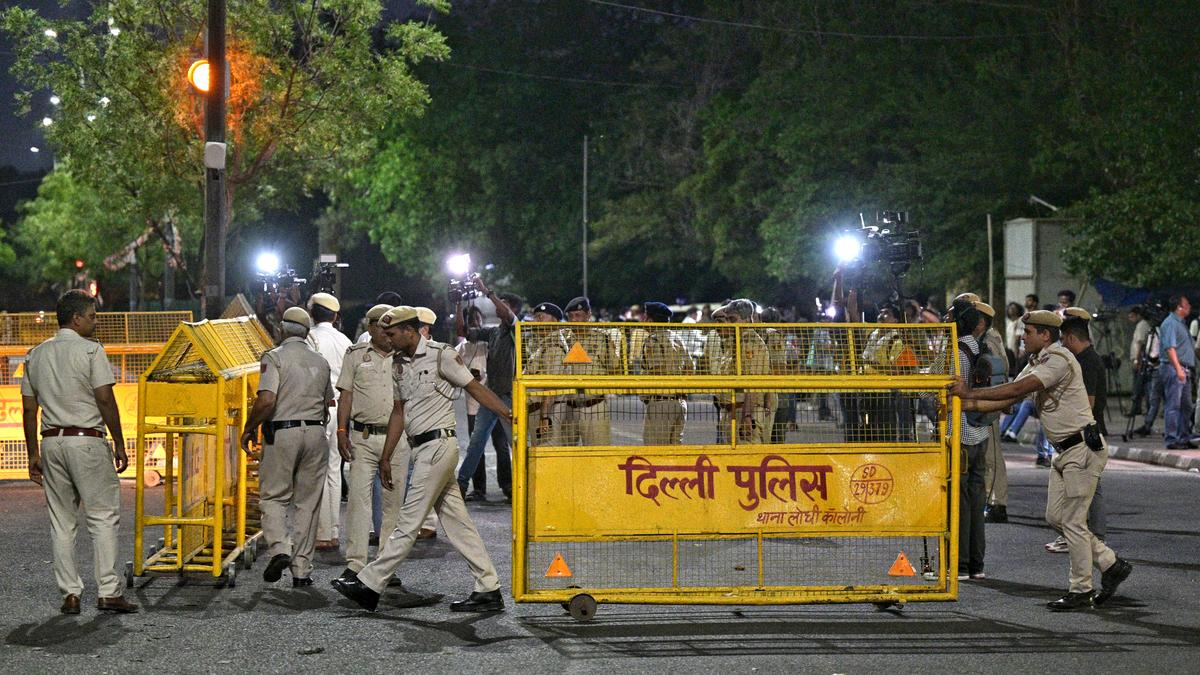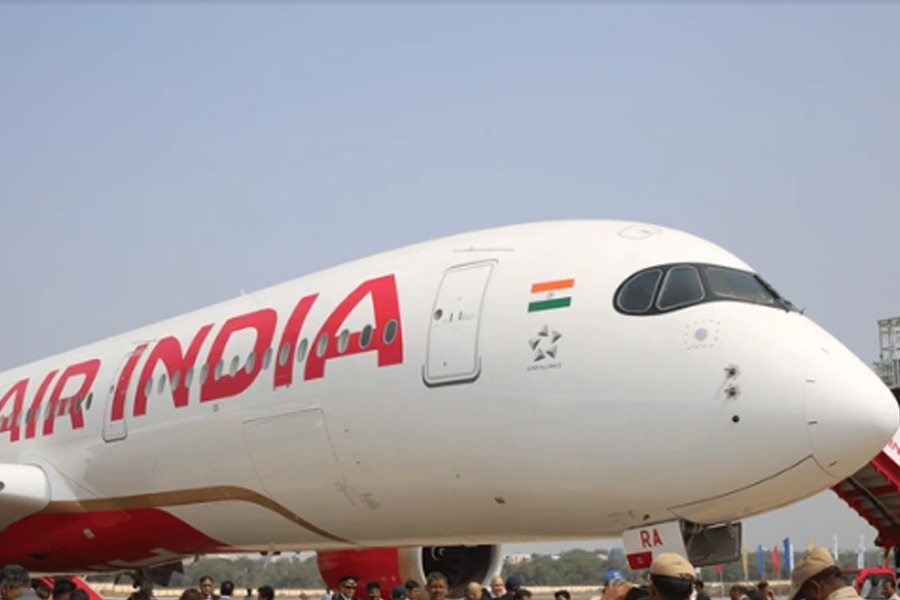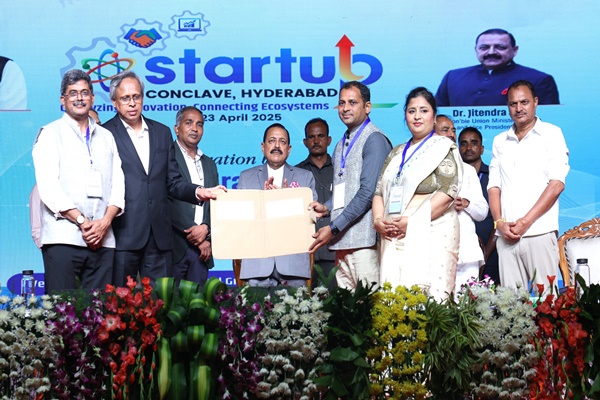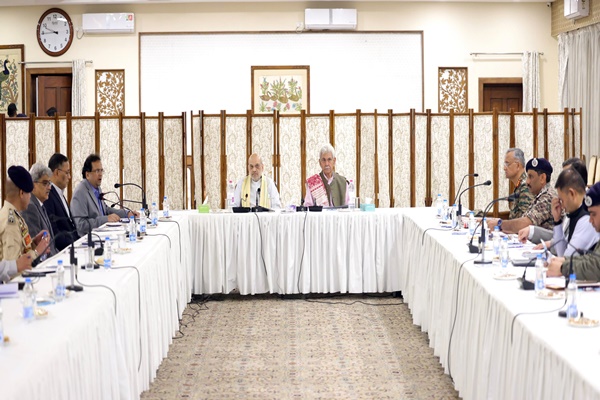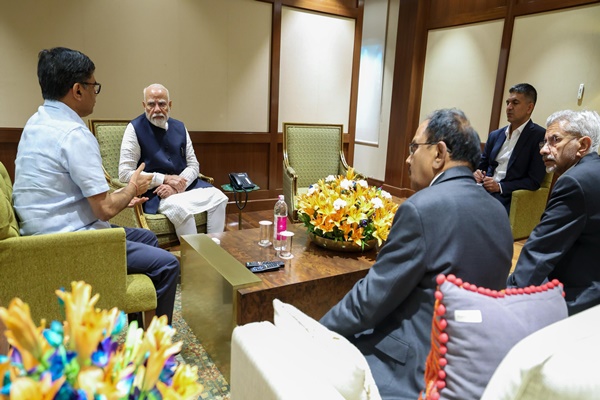Amid Gulf crisis, Qatar gets first boycott-busting cows to boost milk supplies
Thu 13 Jul 2017, 22:19:13
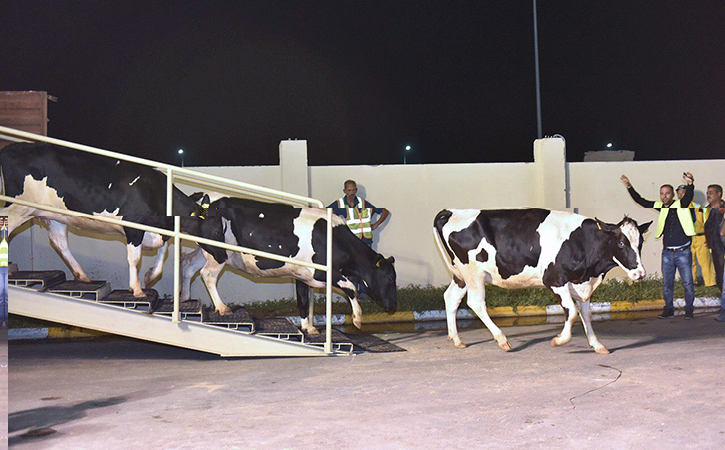
Al Khor: A first herd of boycott-busting cows has been airlifted to Qatar to boost milk supplies five weeks after neighbouring Arab states cut links with the emirate.
The several dozen Holsteins were flown in from Budapest, the first of 4,000 cattle to be imported by August.
The bemused bovines took to their new surroundings at a farm 80 kilometres (50 miles) north of Doha on Wednesday, despite being the centre of attention from journalists and the pride of Qatar, which sees their arrival as a sign of its defiance in the Gulf crisis.
"We brought in 165 Holsteins, all highly bred Holsteins, especially for dairy," said John Dore, a senior manager at Baladna Livestock Production.
The first herd of boycott-busting cows have been airlifted to to boost milk supplies after Gulf states cut links with the emirate
- AFP news agency (@AFP)
"There are 35 milking cows, that are in milk at present and there's 130 that will calve in the next two-to-three weeks."
Saudi Arabia, the United Arab Emirates, Bahrain and Egypt cut all ties with Qatar last month, closed the only land border and halted all exports of food to the emirate.
The Gulf states accuse Qatar of supporting extremism, a charge it denies. Prior to the crisis, Qatar largely relied on dairy imports from Saudi Arabia, especially of milk.
Its population of 2.7 million was dependent on foodstuffs from Gulf countries, which made up almost half of all imports.
However, since the political crisis began Qatar has resorted to importing food from different countries including Turkey, Iran
and Morocco.
and Morocco.
Qatar aims to increase by five-fold the number of cattle it has in the country as it looks to lessen its food dependency on imports because of the ongoing crisis.
Dore said the livestock were the first steps in Qatar trying to become "self-sufficient in beef", and it aims to boost cattle numbers in the country from a current 5,000 to some 25,000 in the near future. The cattle will be farmed for both milk and meat.
"Local supply covers between 10 and 15 percent at present" of Qatar's needs, Dore told reporters at the farm, as the cows quietly munched on grass laid down next down to the large pens in which they are housed.
Despite their journey of more than 3,700 kilometres and adjusting to new heats of 41 degrees Celsius (106 Fahrenheit), the animals seemed unworried by their new surroundings, and certainly unaware of their political significance.
"Before, most of the milk in Qatar was imported from Saudi Arabia and the UAE," said Dore. "At the moment the gap is being filled by Turkish imports, which are welcome for the present but the quality won't compare with local produce."
Qatari officials have confidently claimed they can withstand the boycott "forever". The cows were brought in by a Qatar Airways cargo plane on Tuesday.
Moutaz al-Khayyat, the chairman of Qatari firm Power International which bought and imported the cows, told Bloomberg News that once all the 4,000 cows arrive in Qatar, they will meet around 30 percent of the country's dairy needs. He said it could take up to 60 flights to bring all the cattle into Qatar.
No Comments For This Post, Be first to write a Comment.
Most viewed from International
Most viewed from World
AIMIM News
Latest Urdu News
Most Viewed
May 26, 2020
Do you think Canada-India relations will improve under New PM Mark Carney?
Latest Videos View All
Like Us
Home
About Us
Advertise With Us
All Polls
Epaper Archives
Privacy Policy
Contact Us
Download Etemaad App
© 2025 Etemaad Daily News, All Rights Reserved.


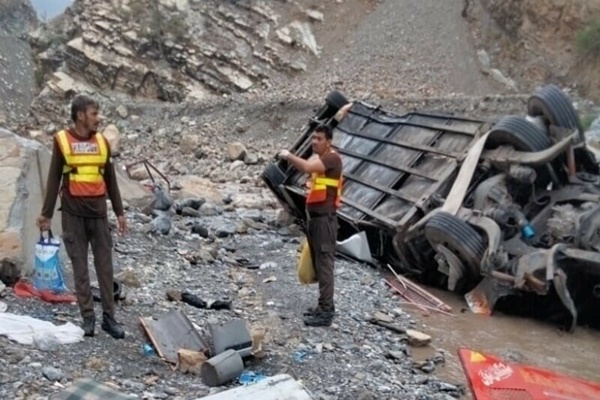

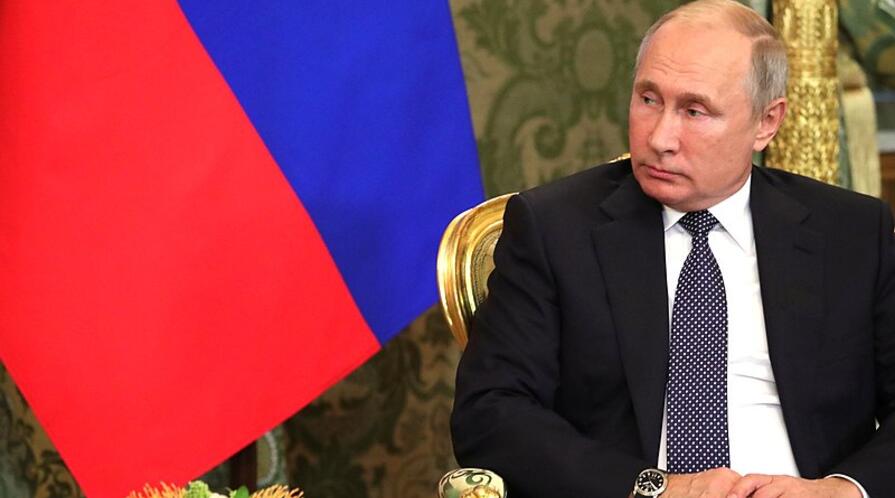

.jpg)


